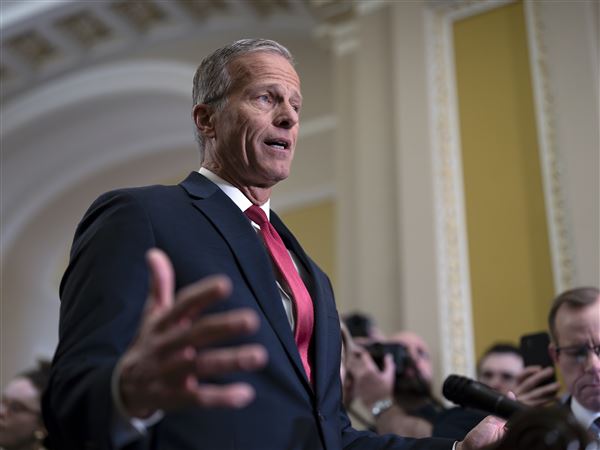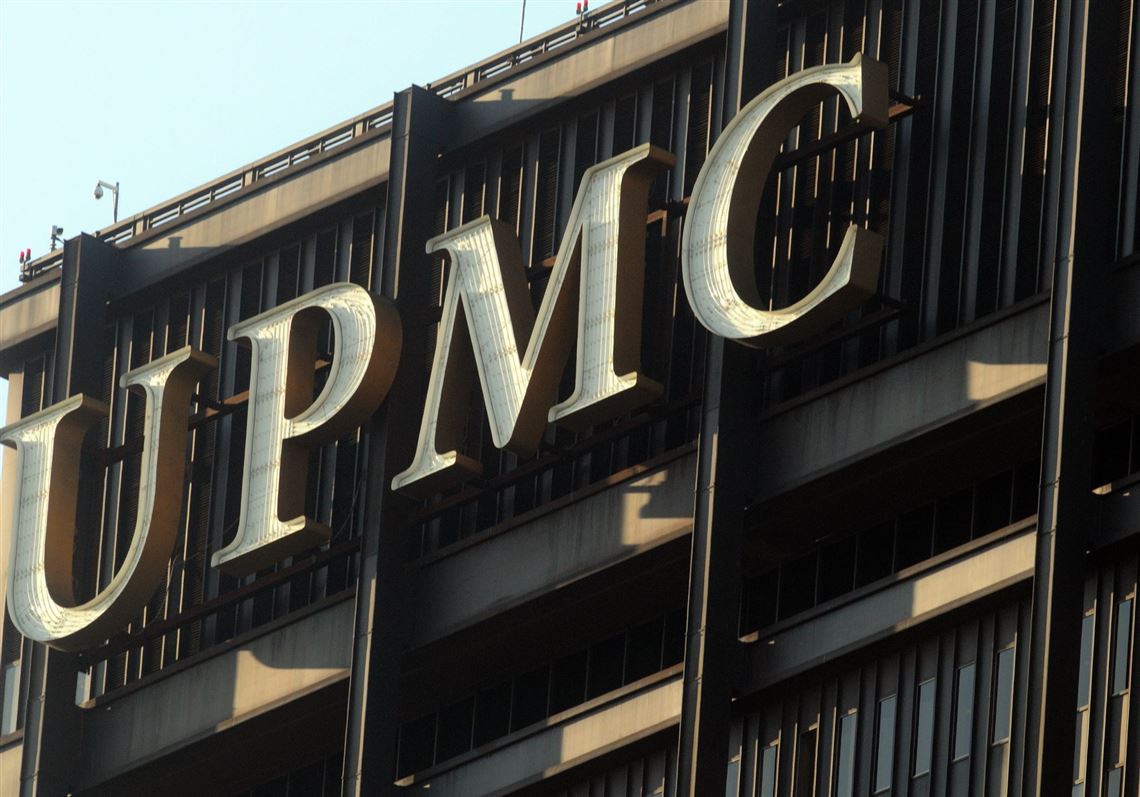The U.S. Supreme Court has declined to hear an appeal by UPMC in a whistleblower lawsuit against the Pittsburgh health system and 13 neurosurgeons that alleged sometimes unnecessary and overly complex surgeries were performed starting in 2006 to pump up physician salaries and hospital revenue.
UPMC lawyers had argued that performance-based compensation was a common practice and that the allegations of irregularity were based on an “ambiguous regulatory provision” in federal law.
Three former UPMC employees — J. William Bookwalter, Robert Sclabassi and Anna Mitina — claimed in a three-count civil suit, filed in the U.S. District Court for the Western District of Pennsylvania in 2012, that unnecessarily complex operations were performed because of UPMC’s physician compensation arrangement, which offered a bonus over the doctors’ base salary for doing the procedures.
The plaintiffs alleged the arrangement was prohibited by the False Claims Act and the Ethics in Patient Referrals Act, which is also called the Stark Law. With some exceptions, the law prohibits hospitals from billing Medicare for certain services when the hospital has a financial relationship with the physician asking for the services.
U.S. District Court Judge Cathy Bissoon twice dismissed the lawsuit before the Third Circuit Court of Appeals reinstated the case in 2019.
The Supreme Court’s decision against hearing UPMC’s appeal means the lawsuit may soon move to the discovery phase in the U.S. District Court for the Western District of Pennsylvania.
UPMC spokesman Paul Wood declined to comment Thursday.
Kris B. Mamula: kmamula@post-gazette.com or 412-263-1699
First Published: May 1, 2020, 8:58 p.m.
Updated: May 1, 2020, 9:13 p.m.
















